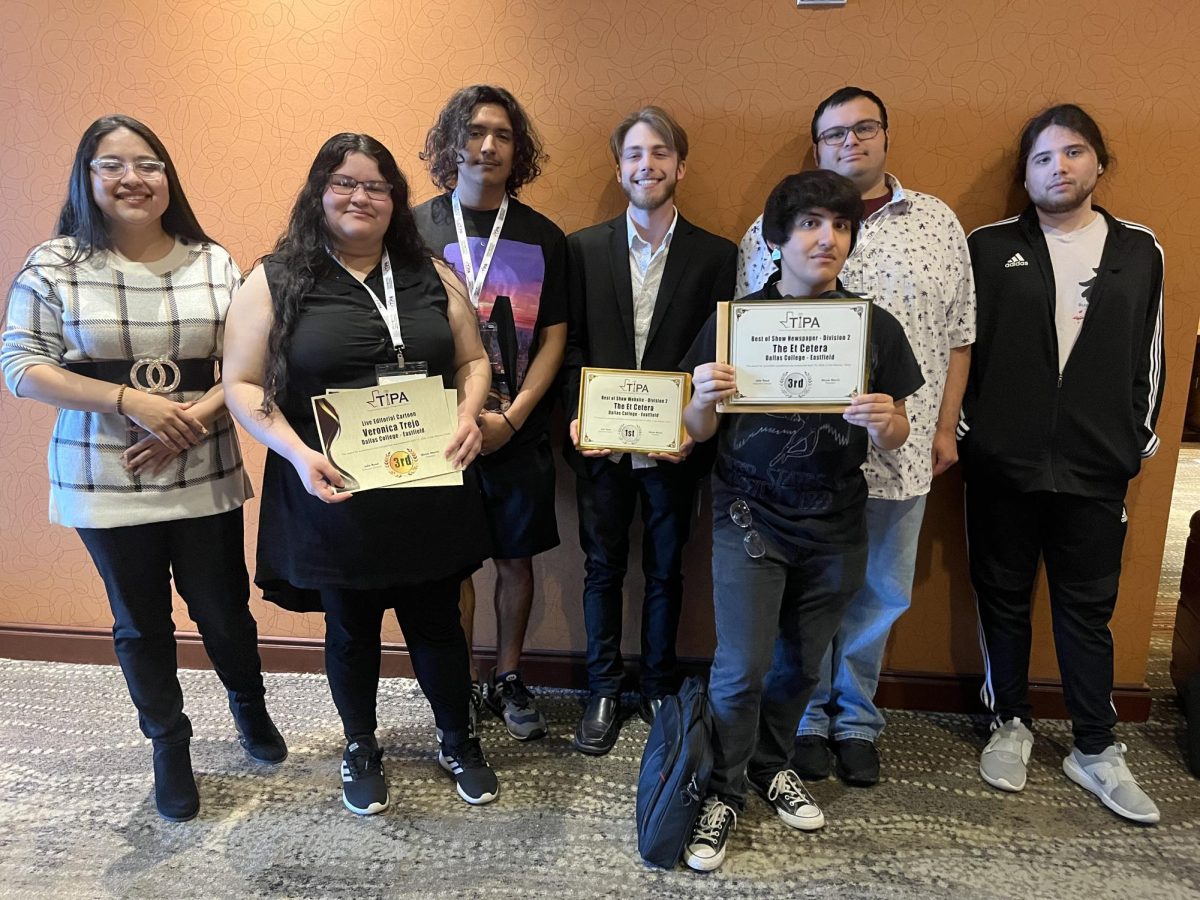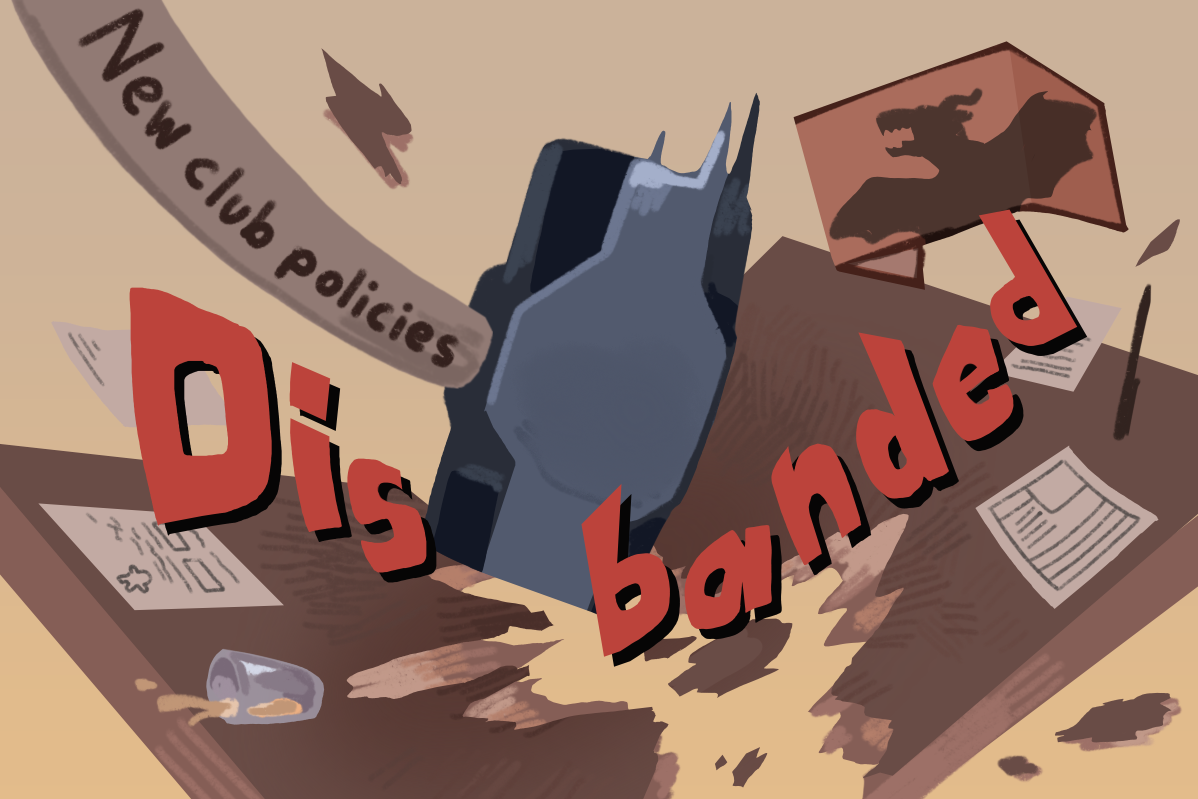By Karina Dunn
Students and faculty met to discuss the impact and role that immigrants play in the United States at the Economics of Immigration panel Oct. 7, which was part of the college’s Hispanic Heritage Month activities.
Government professor Glynn Newman and economics professor Gerald Shilling answered audience questions on the relationship between immigrants and the U.S. economy at the presentation hosted by the Office of Student Engagement and Retention.
Immigration fluctuates in relation to factors such as employment opportunities and better standards of living, Shilling said.
“Immigrants tend to hold a more complimentary role than a substitutory role,” he said.
In their complementary role, many immigrants to the United States develop entrepreneurial careers, creating jobs and working alongside native citizens, as opposed to replacing them, Shilling said.
Contributions that immigrants make after entering the U.S. were a central concern during the meeting. Possessing a college education or knowledge of a trade gives individuals a better chance at finding sustainable work, Newman said.
“New immigrants are our best entrepreneurs in America,” he said. “We have to be careful when we take a look at low-level sophisticates [performing low-level tasks] but not getting credit because they are undocumented.”
Skilled workers have an increased likelihood of being legally admitted to the U.S. For example, the House Bill 1 Visa allows people to immigrate to the U.S. if there is a shortage of workers in a particular field, such as math or science.
“Immigrants will impact native workers by reducing wages,” Shilling said. “They are more likely to create jobs than take jobs.”
Employers can pay undocumented immigrants lower wages, but these immigrants work in positions that did not previously exist, expanding the labor force.
One student in the audience voiced concern of whether an influx of foreign workers posed a threat to teenage and college-aged workers already in the country.
Newman said it would create competition between the two groups and also addressed questions of whether native U.S. citizens consider those jobs below their skillset.
Newman noted a resurgence of immigrants to the United States based on 2013 data. According to the Pew Research Center, they migrate from countries such as Mexico, India, El Salvador, Canada, Jamaica, Ethiopia and the Dominican Republic.
Many develop a skillset from their home countries that may not translate to work here, Newman said. While new immigrants are shown to hold college educations, blocks in the immigration process and in their integration once they enter the country can cause difficulties as they adjust.
“Many immigrants come to the U.S. searching for jobs in a new country, but cultural standards and preparation [create] a system that complicates this,” Newman said.








